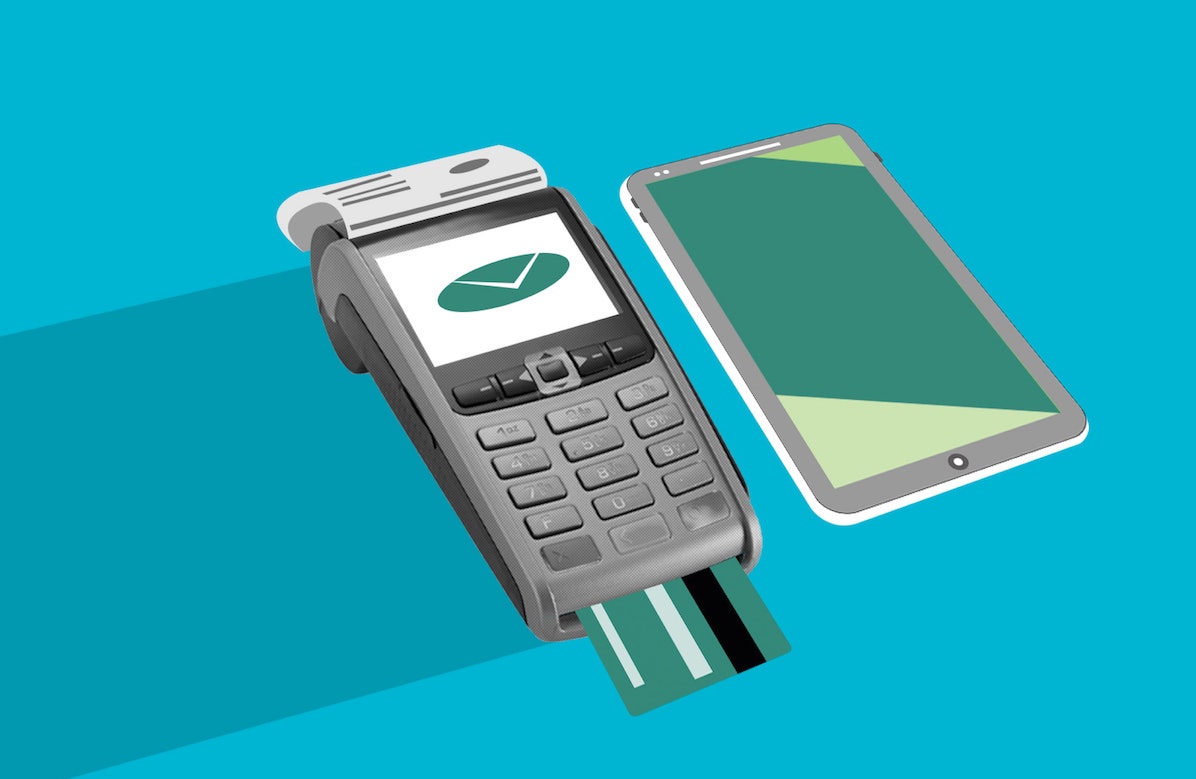
Learn more about fraud prevention at UM
Fraud Prevention Month: Protecting UM from fraud and financial irregularities
Fraud Prevention Month in Canada is an annual campaign that seeks to help you recognize and report fraud. According to the Canadian Anti-fraud Centre, $530 million was lost to fraud in 2022 – a 28% increase from 2021.
In addition to being alert to online scams, we also have a responsibility as a university community to uphold standards of honesty and ethical conduct with regard to all UM-related work and finances. All university employees, in particular, have a duty to report any suspicion of fraud or irregularities.
Fraud prevention at UM
Last summer, the Board of Governors adopted the University of Manitoba’s first fraud and financial irregularity reporting policy. The policy can be found on the Governing Documents website and reflects UM values of accountability and integrity and our commitment to the highest standards of honesty, ethical conduct and fiduciary responsibility.
Take time to review the policy and complete the associated course, entitled Financial Stewardship & Ethical Conduct (“Fraud”), on UM Learn, the university’s online learning platform.
Download the “Financial Stewardship” one-page overview for more about what you need to know.
What is fraud?
Fraud is any illegal act characterized by deceit, concealment, or violation of trust. These acts are not dependent upon the threat of violence or physical force. Frauds are perpetrated to obtain money, property, or services; to avoid payment or loss of services; or to secure personal or business advantage.
Financial irregularities are broader than fraud and include violation or deliberate disregard of university financial policies and ethical standards, or questionable accounting practices. Financial irregularities also include excessive spending, waste, or failing to properly safeguard and protect assets.
Do you know what fraud looks like?
Some examples of fraud include:
- Purchasing personal items on the university purchasing card or through a travel and business expense claim.
- Payroll manipulations such as claims for hours not worked (including overtime), unrecorded vacation, unauthorized pay rate adjustments, or adding non-existent employees to payroll.
- Theft or use of the university’s property (inventory, gift cards, equipment and supplies, intellectual property) for personal advantage or gain.
- Receipt of kickbacks or gratuities from vendors.
- Bid rigging and bribery related to purchasing transactions.
- Failing to appropriately identify and address any real, potential, or perceived conflict of interest.
- Breach of fiduciary duty, such as through neglect, override of internal controls, or intentional failure to act.
- Altering or deliberately recording incorrect financial information for either a personal or university advantage.
- Aiding fraud by other parties.
- Unauthorized staff signing approval documents (forgery).
- Any other activity that deliberately misrepresents or conceals material facts, disregards University policies, internal controls or is perceived to be contrary to the ethical values of the university.
If you see something, say something
Learn how to report fraud (Audit Services “Special Review” webpage).
Here you can confidentially report your concerns of fraud or financial irregularities.
Questions regarding UM’s fraud policy and procedures can be directed to Audit Services at audit [dot] services [at] umanitoba [dot] ca
Read more about UM’s fraud policy and procedures and accessing the UM Learn course
How to avoid becoming a target of business email fraud and phishing
See also the Fraud Prevention Month website (Govt of Canada)






